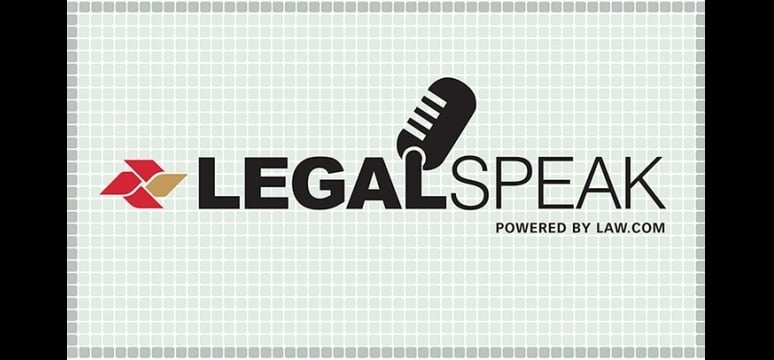Companies storing or moving large quantities of digital information routinely encounter subpoenas, court orders and warrants from United States law enforcement for subscriber and related data and records. However, the realities of cybercrime and recent under-publicized diplomatic activities could dramatically increase the volume of incoming requests from abroad.
Cybercrime often involves a crime in one country—a hack of a school teacher’s email account in the United Kingdom, for example—but the evidence of the crime often physically resides on servers in another country, such as malware and login records maintained by a social media or online company in California. However, law enforcement agencies investigating multi-country crimes are often bound by the geographic limits of their jurisdictions or must rely on slow diplomatic channels, such as mutual legal assistance treaties (MLATs), to request and obtain the evidence that they need. This slow process necessarily restricted the number of international requests received by U.S. companies.







